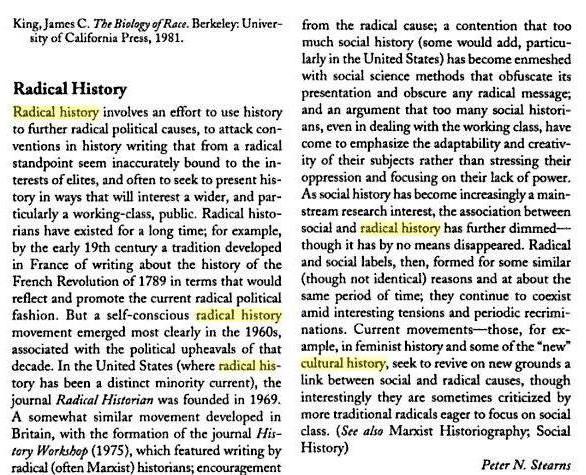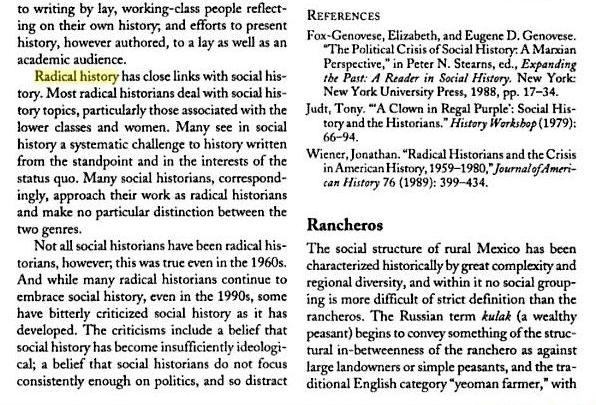

Antiwar movements have never been separate from movements for civil rights, union recognition, and social change. In the Pacific Northwest, labor unions and socialists played a large part in the movement against World War I, while civil rights activism paved the way for the growth of the antiwar movement during the Vietnam era. Vietnam veterans and soldiers saw their antiwar struggle as part of a larger one involving black power, anti-racist, and student activism. These Vietnam-era antiwar activists, in turn, helped develop Seattle's women's movement in the 1970s and organized against nuclear weapons in the 1980s.
The Pacific Northwest Antiwar and Radical History Project is a multimedia web project that aims to chronicle the rich history of antiwar activity in the Northwest. With video oral histories, hundreds of photographs and documents, GI underground newspapers, movement biographies, and research reports, the project illuminates this integral part of the Northwest’s social and political history.
Pacific Northwest Antiwar and Radical History Project. Website. Retrieved on July 1, 2009.
For more than a quarter of a century, Radical History Review has stood at the point where rigorous historical scholarship and active political engagement converge. The journal is edited by a collective of historians--men and women with diverse backgrounds, research interests, and professional perspectives. Articles in RHR address issues of gender, race, sexuality, imperialism, and class, stretching the boundaries of historical analysis to explore Western and non-Western histories.
Description of Radical History Review. Website. Retrieved on July 1, 2009.
Through studying the lessons of the past, Radical Tradition works for the creation of social and political structures which allow all people equal decision making power and equal access to society's wealth.
James, Bob. Radical Tradition Main Index - an Australasian History Page of Working Class Struggle and Anarchism. Website. Retrieved on July 5, 2009.
Labels do not mean much to me, but a genuinely radical history should be characterized by its preoccupation, its methodology, its tough-minded commitment, and its clarity of expression. Its preoccupation should be the story of the weak, the little people, the sufferers, the oppressed, and the exploited; their dreams, desires, struggles, victories, and defeats, their strengths and weaknesses. In short, the lives they led and the part they played in the making of our world. History from below is a misnomer. The world of the subaltern cannot be adequately understood outside of the dialectic between the weak and the strong. But I am not especially interested in the strong in their own right. Insofar as I am interested in them at all it is in order to expose their crimes and schemes, debunk their myths, puncture their vanity, expose their contradictions, and further illuminate the world of the oppressed and the exploited. I am more interested in the resistance and the strategies of resistance of the oppressed, those resisters whom Booker T. Washington disparagingly called the "kickers."
The methodology of radical history should be holistic; that is, it should place an experience within its widest historical context in order to fully understand it. It should not be afraid to be interdisciplinary and multidisciplinary. It should imaginatively draw upon any available and valid resource to illuminate its object of analysis; it should be no respecter of disciplinary boundaries--artifices of the late-nineteenth-century professionalization of the academy.
Radical history should be tough-minded in that it should be able to cope with the contradictions in the lives of the oppressed, the errors and dead ends, the pathos, as well as the moments of exhaltation, of little and big victories. It is not a profession for the squeamish or for the congenital lovers of happy endings.... Ours is a history of reversals and advances, ups and downs, detours and blind alleys. Tell of the downs as much as the ups; ... indeed, we can learn more from the defeats than from the victories....
Radical history requires analysis and judgment, not just narration. It is not true that one cannot learn from history. We can, but only if we approach it intelligently. Its language should be clear in order to reach the widest audience. It should not be a tale told only to fellow historians and academics; in the wider scheme of things, they are not sufficiently important to warrant such attention and flattery. The work of the radical historian should not be judged only by what he or she does, but the language through which the work is communicated. The removal of unnecessary and pretentious jargon, the use of clear language, a language geared to a wide audience, in short, a democratic language ought to be an integral criterion of radical history. Marx's struggle with the language of Capital, to the extent that he effectively wrote a different book for the French translation, is a clear and humbling illustration of the revolutionary importance of clear language....
The prospects for radical history are good. I am gratified by the growing desire on the part of people of goodwill, both young and old, for an unromanticized reconstruction of the past of those who have been largely left out of the history books....
... It is not surprising that in both Britain and the United States (and to a lesser extent France), the best radical history has been written by members of the workers' movement who also happened to be historians. But the most important role that the radical historian can play in contributing to the present movements is to participate, and with humility, in them as activists --as citizens who also happen to be historians. The world will not be changed by its interpretation, even a superior interpretation, but by action, organization, and struggle....
James, Winston, "Reflections on Radical History." Radical History Review. 79 (2001) 99-102. Retrieved on July 5, 2009.


Stearns, Peter N. Encyclopedia of Social History. New York. Routledge. 1993. Page 616.
... radical history should not ask for any privilege of any kind. Radical history demands the most exacting standards of the historical discipline. Radical history must be good history. It must be as good as history can be.
Thompson, E.P., "Agenda for Radical History." Chicago. University of Chicago Press. Critical Inquiry. Vol. 21, No. 2 (Winter, 1995). Pages 299-304.